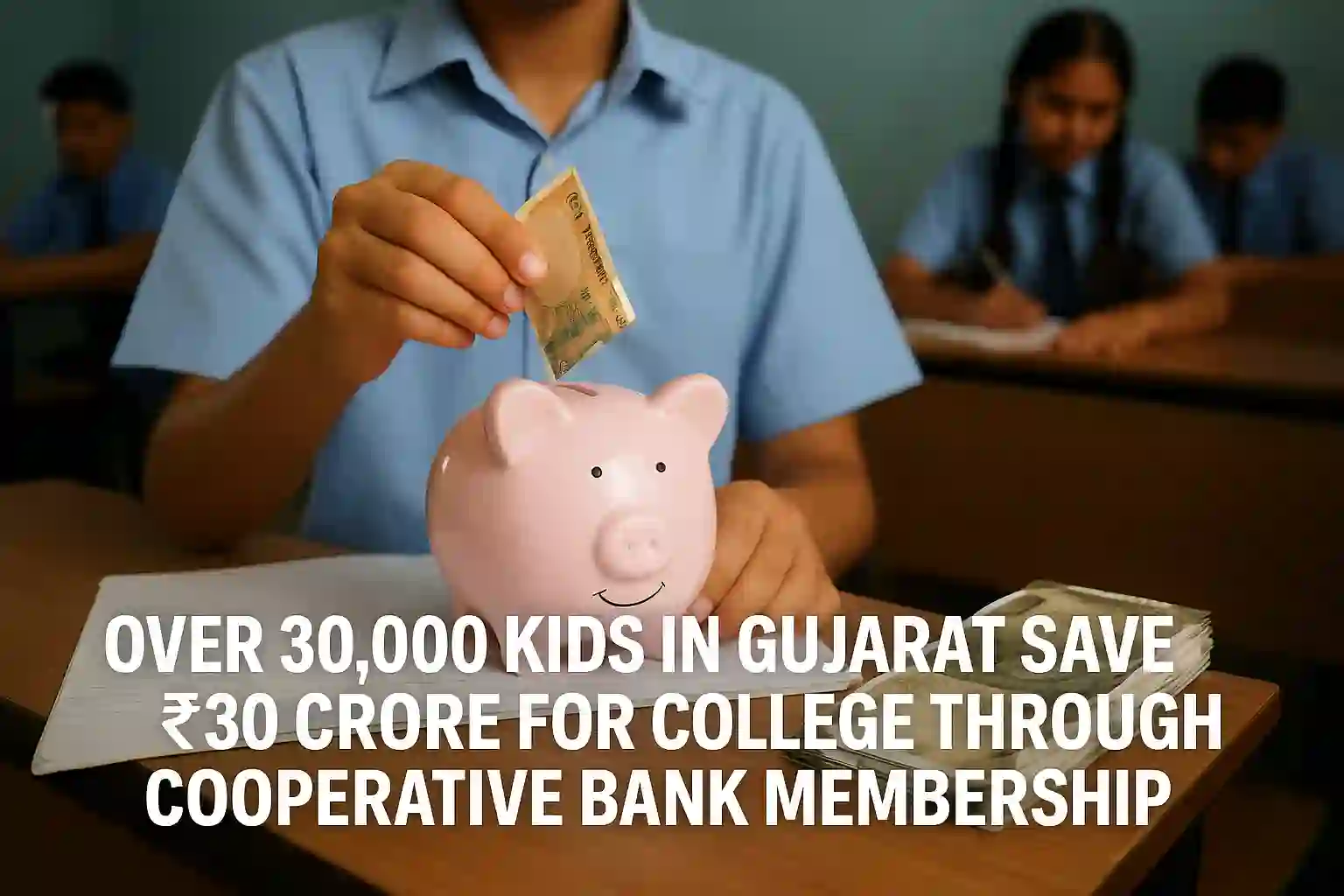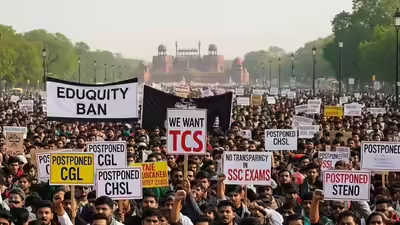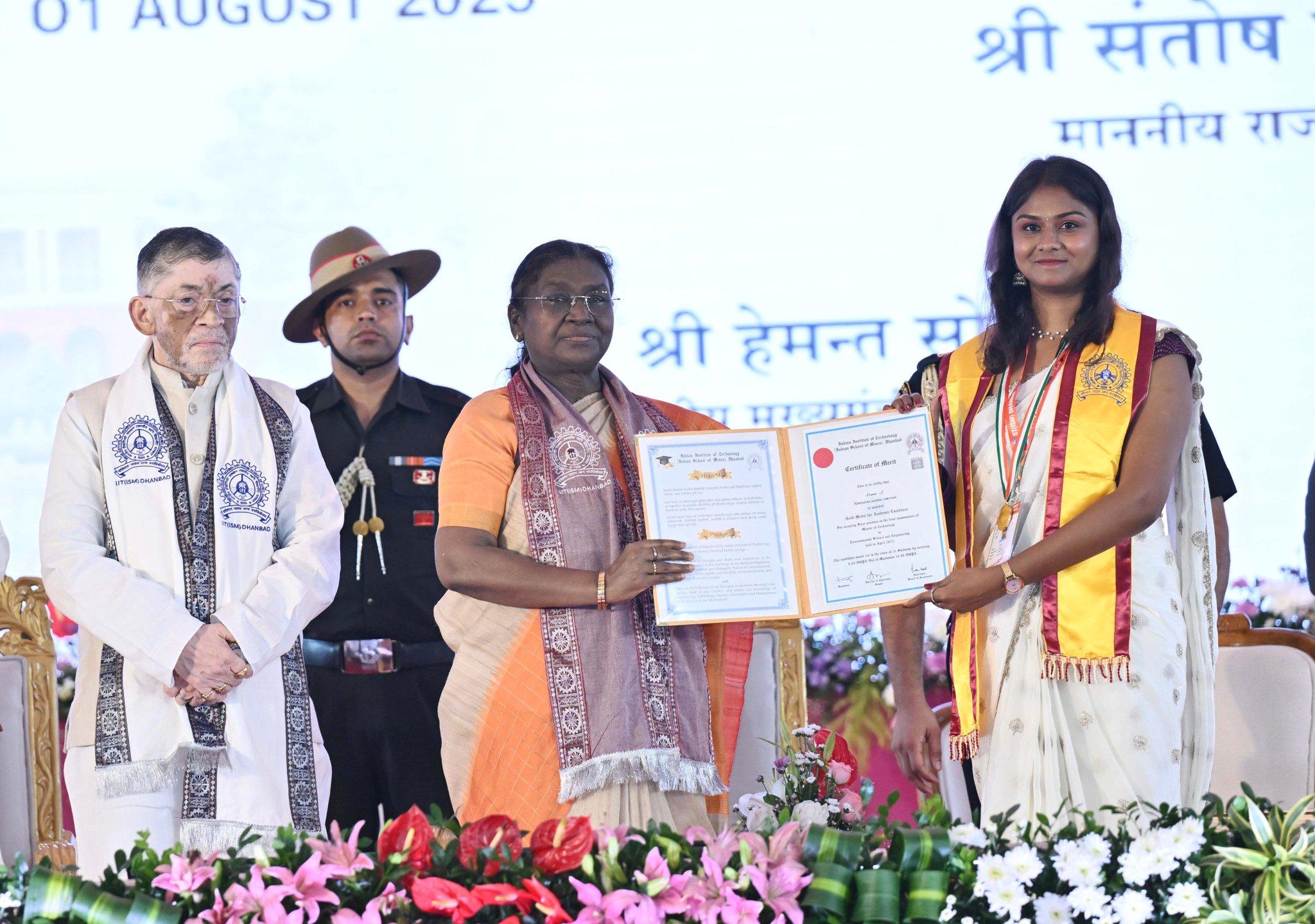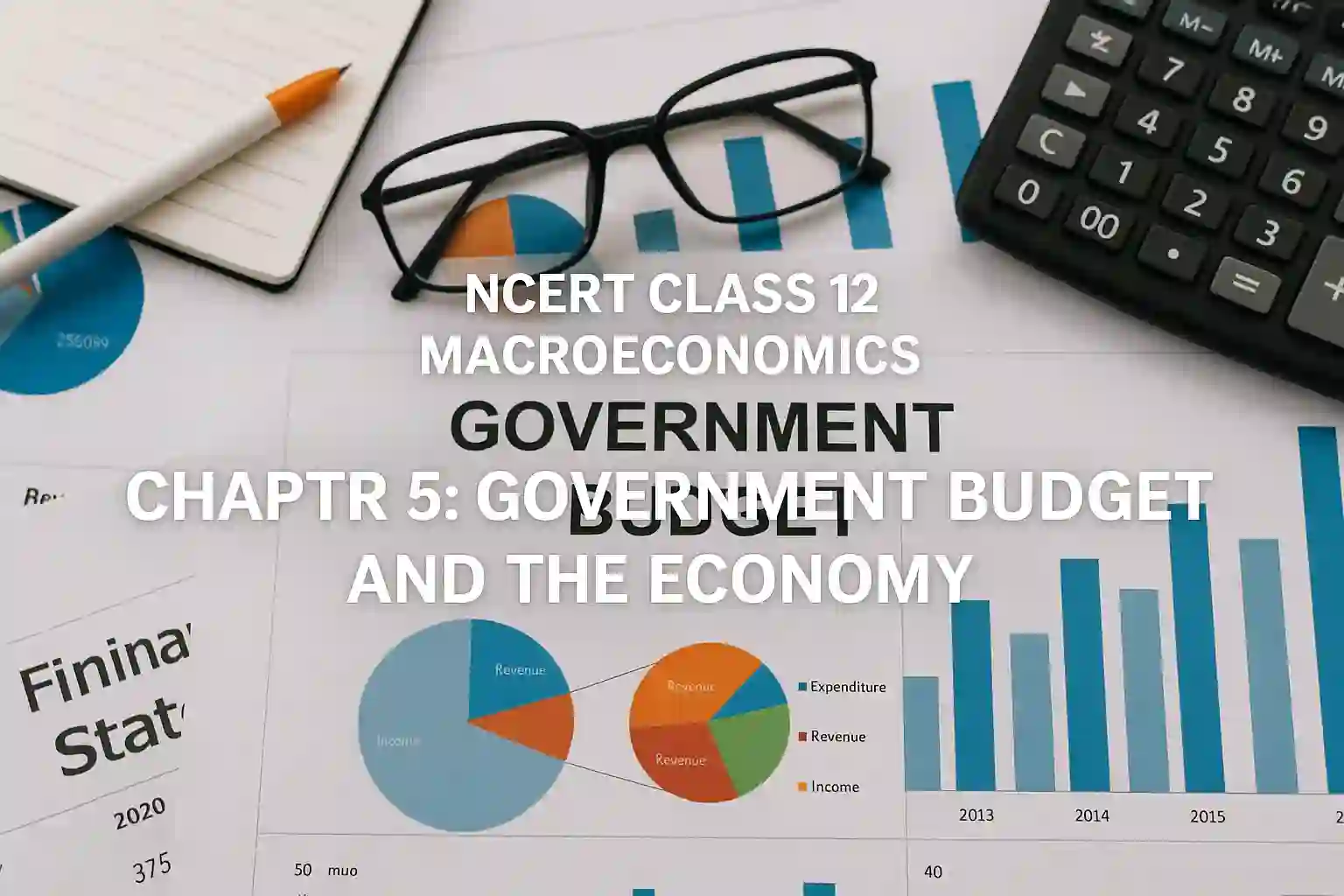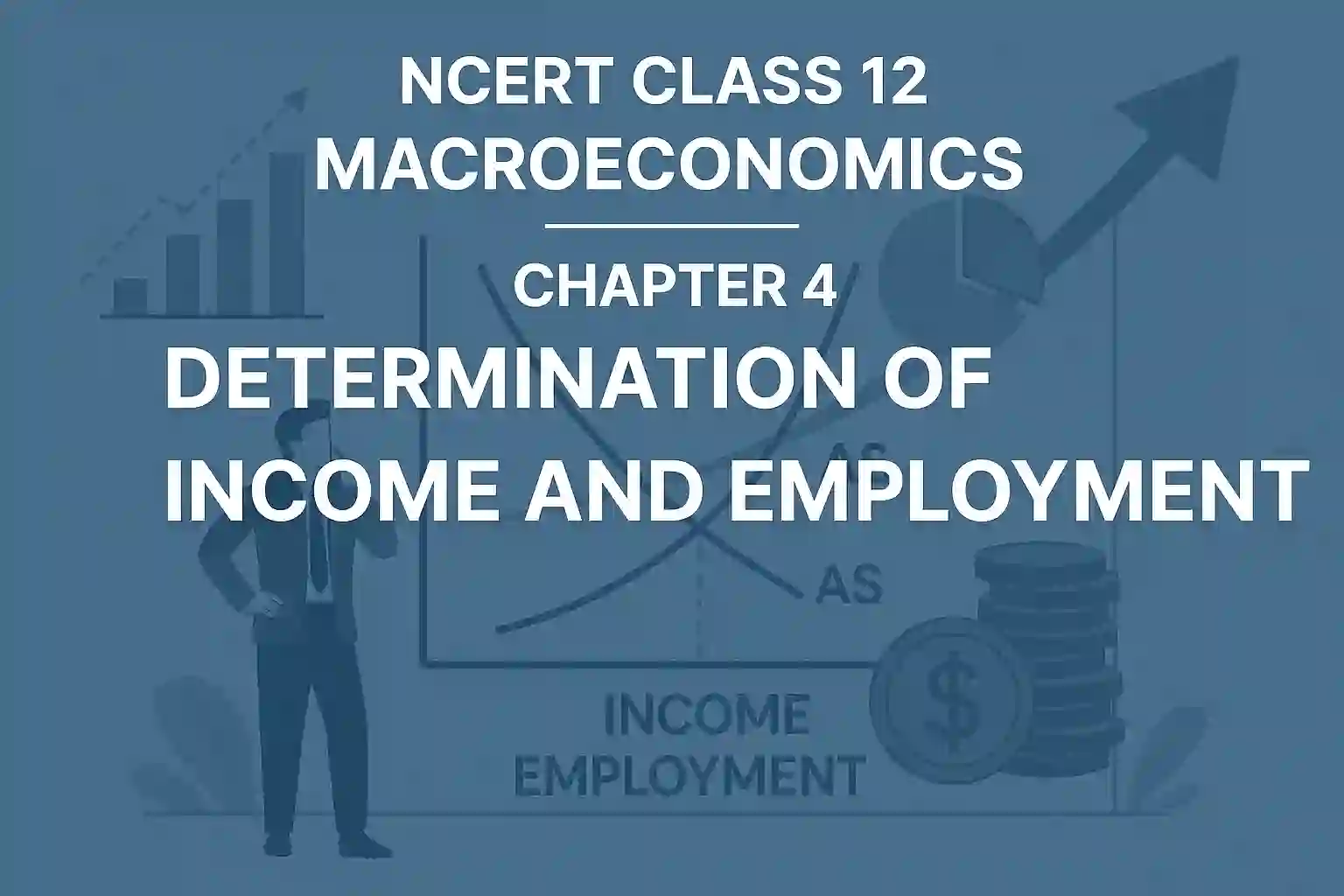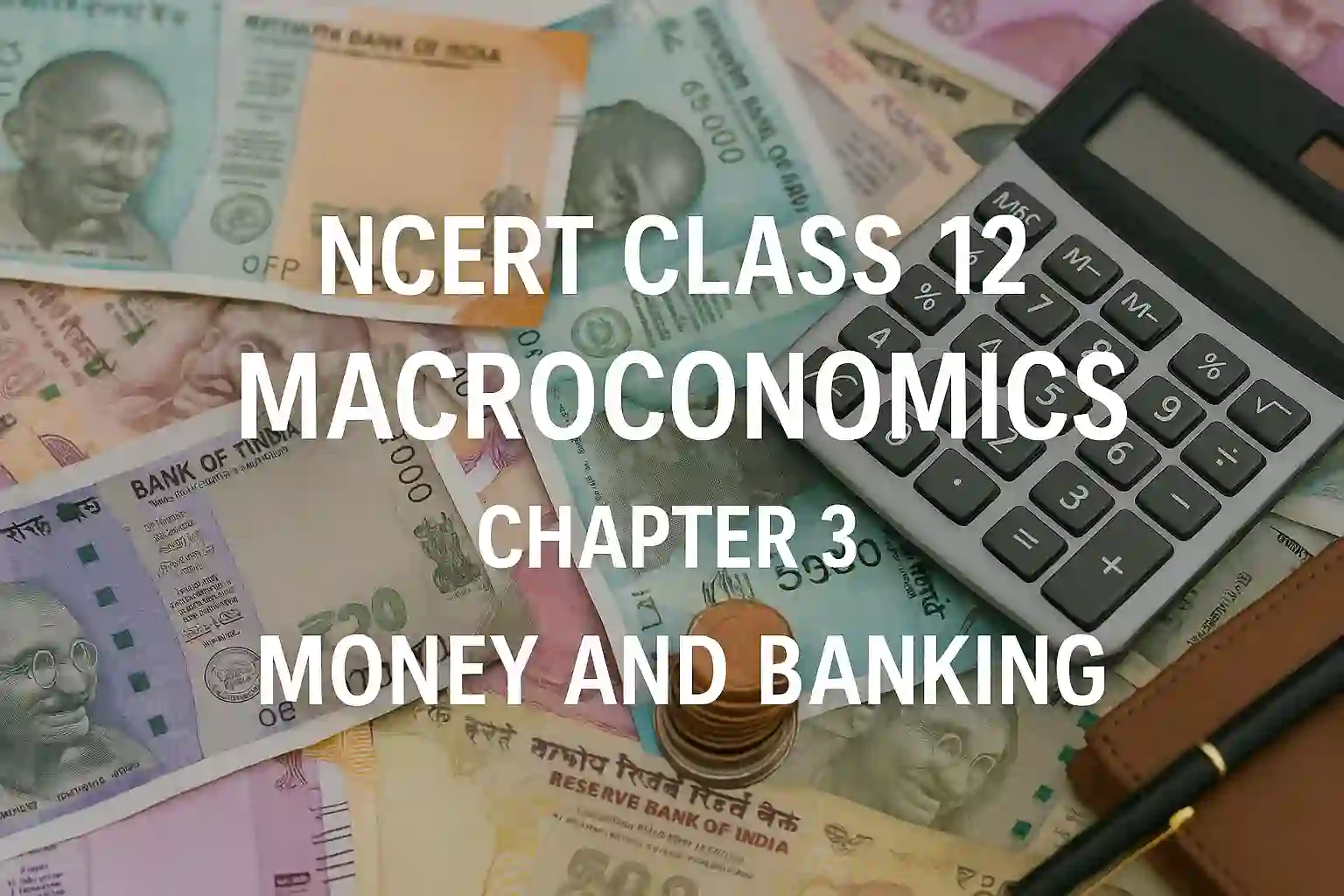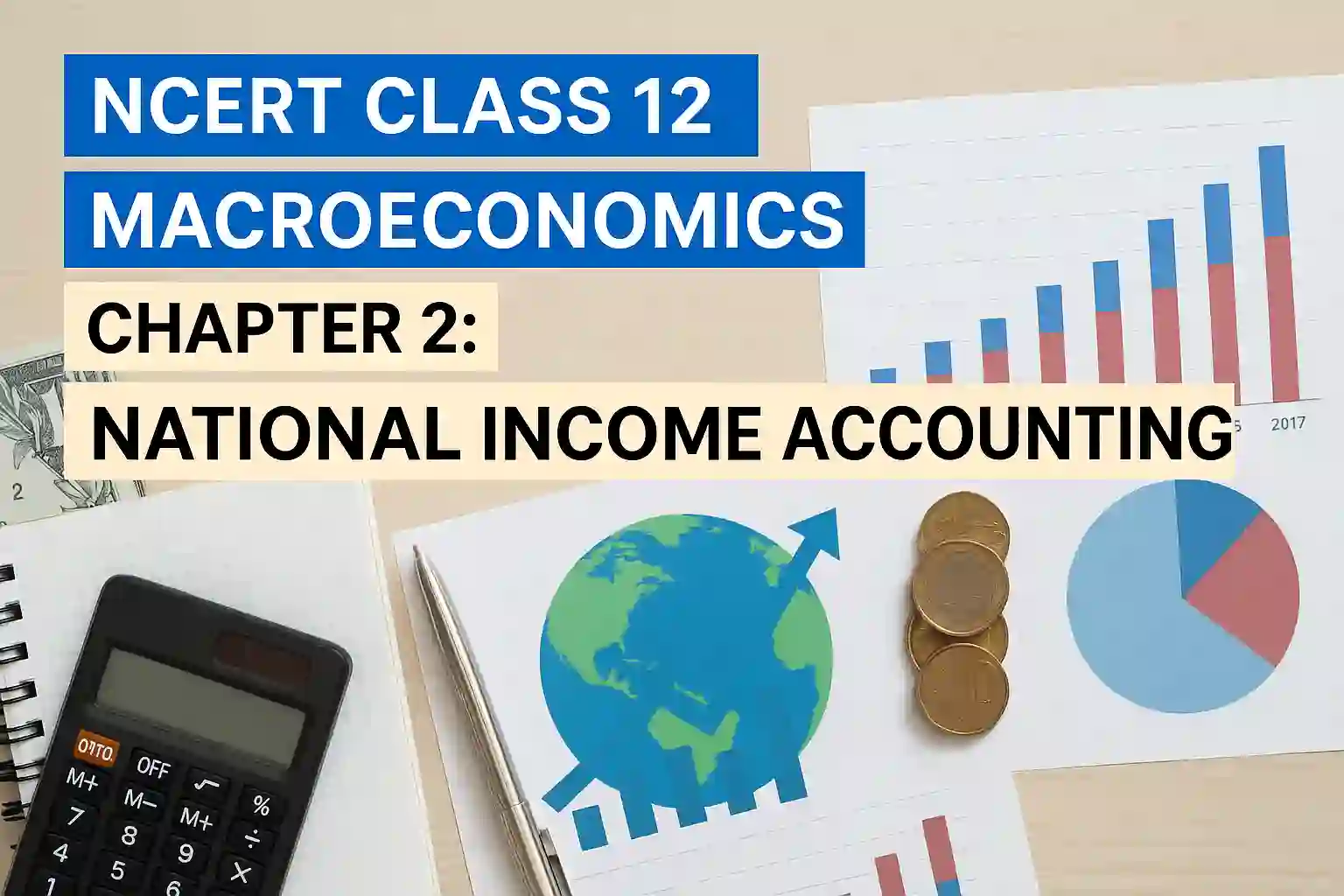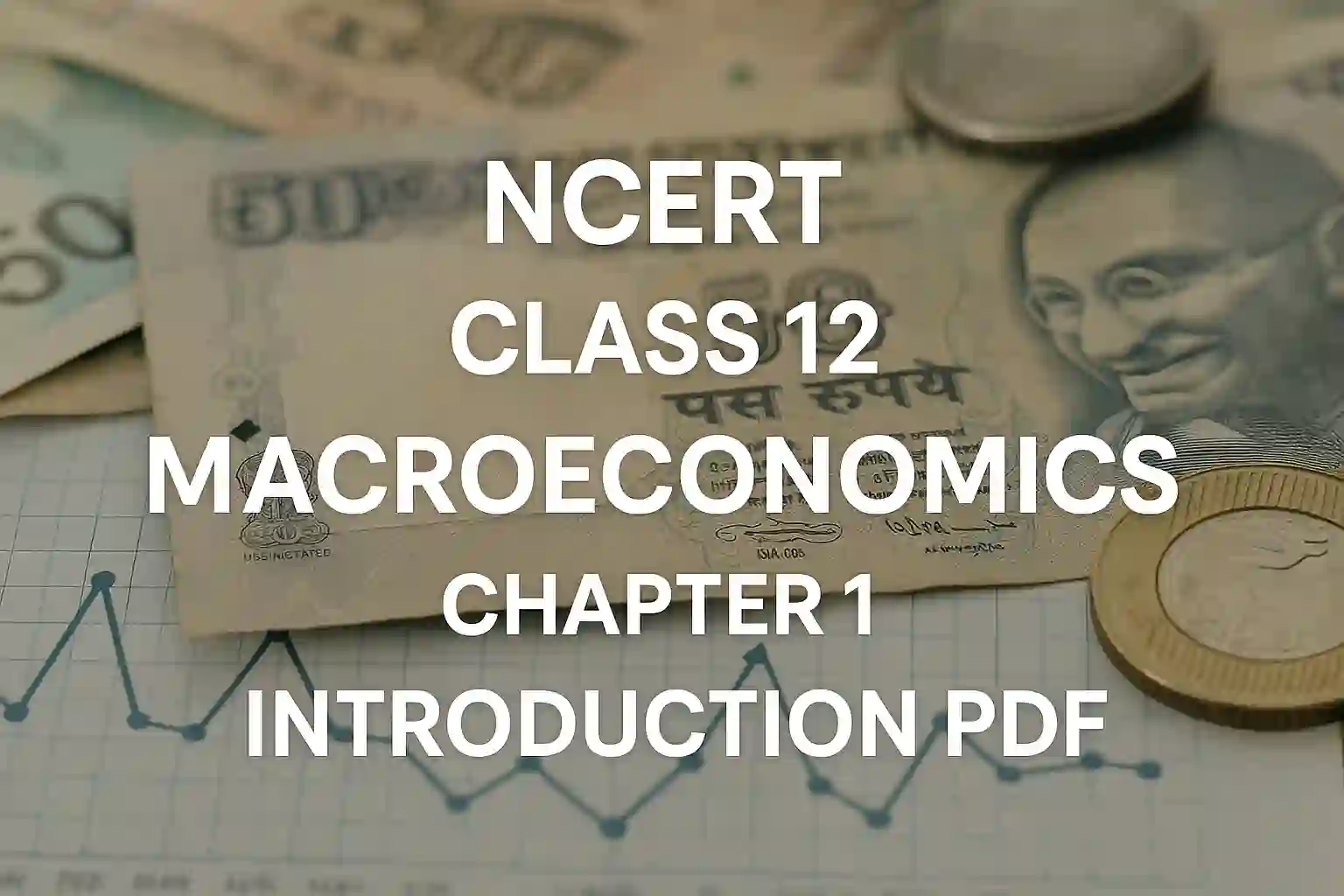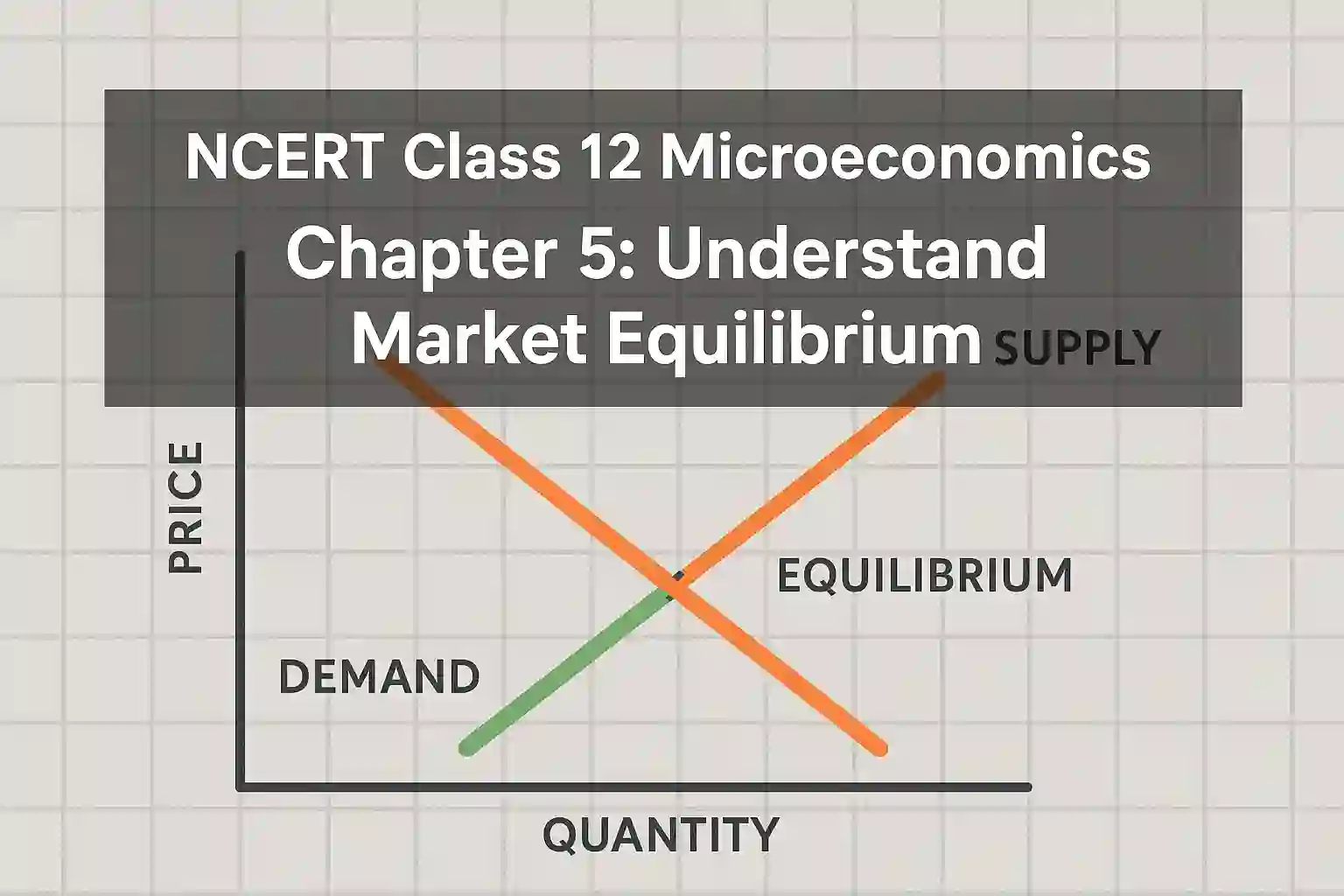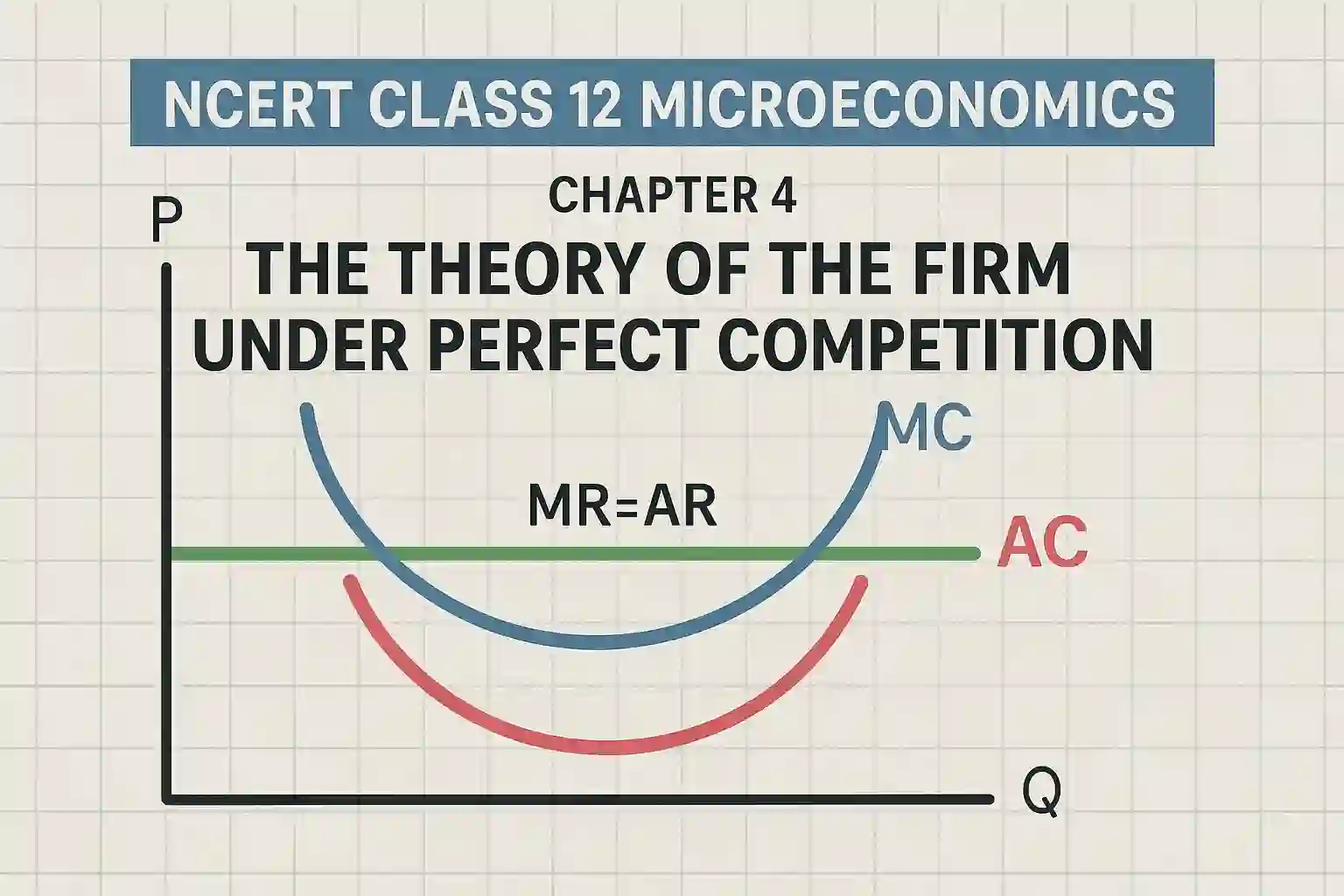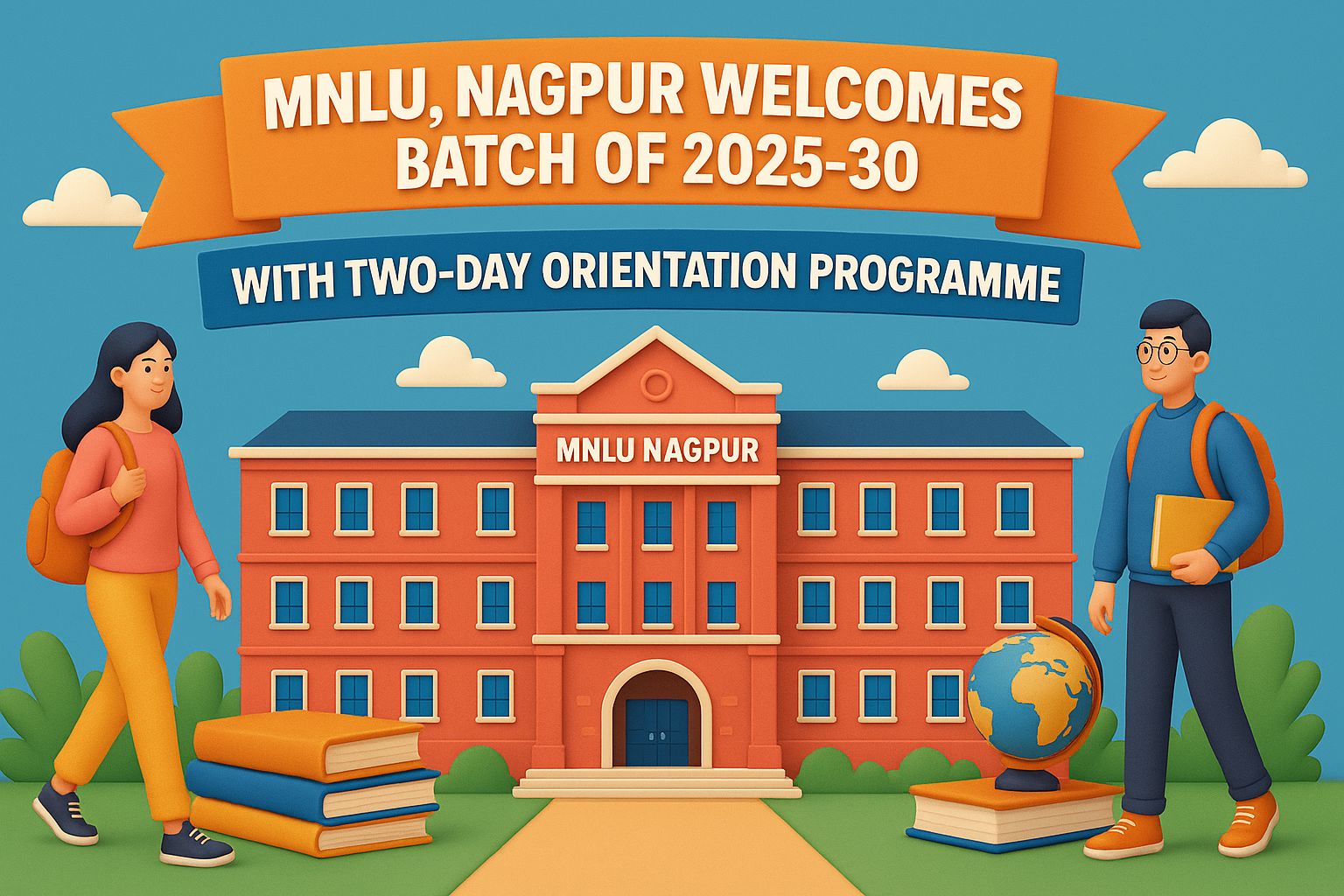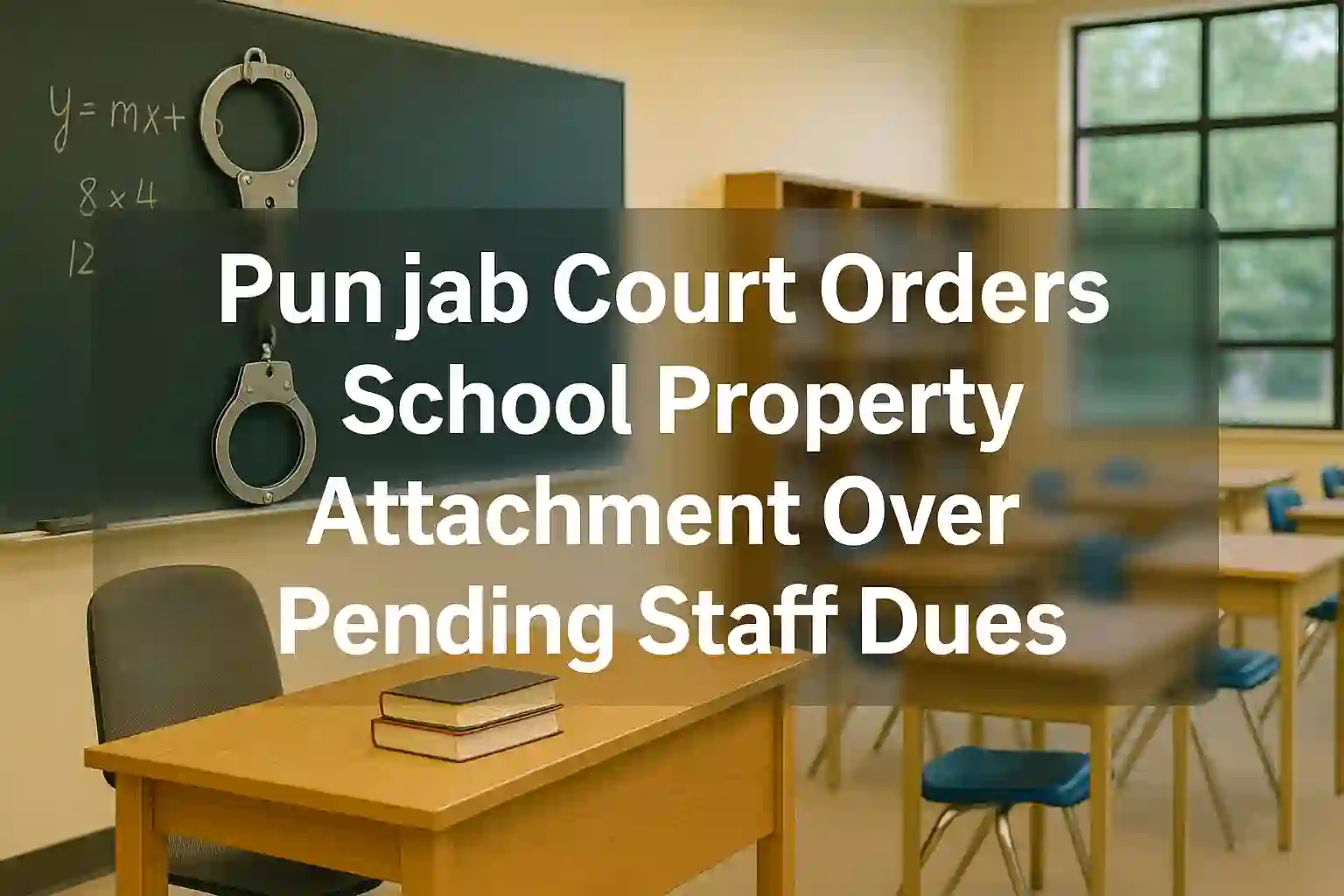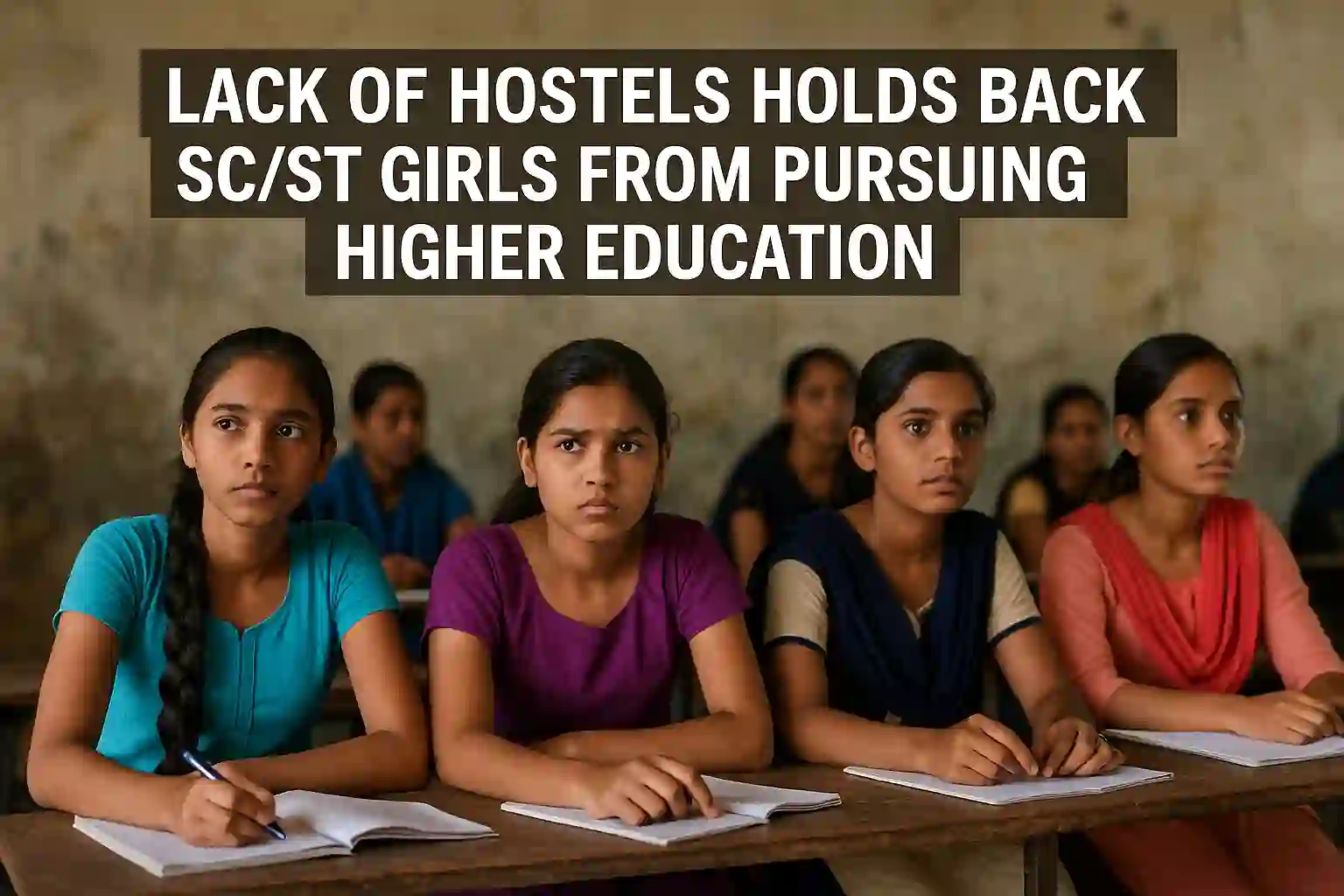In a remarkable move towards financial literacy and future planning, over 30,000 children across Gujarat have become active members of a cooperative bank aimed at helping students save for their college education. The initiative, which started with just a few students, has now grown into a full-fledged movement where kids regularly deposit their pocket money and savings, pushing the total deposits beyond Rs 30 crore. Run by Kalupur Cooperative Bank, the unique savings programme is being implemented in partnership with schools and is shaping the way children think about money and education.
I found this story worth sharing because it is not just about saving money, but about teaching children the value of financial planning from a young age. At a time when we hear more about student loans and financial stress after college, here’s a community-based solution that is showing real impact. As someone who strongly believes in the importance of money habits from an early age, I think this is a model other states can learn from. It also shows the strength of cooperative banking in India—especially when tied to real-life goals like education. This isn’t just banking, it’s a mindset shift.
How Gujarat’s Children Are Banking on Their Future
Kalupur Cooperative Bank, in collaboration with multiple schools, has launched a savings scheme exclusively for students. What started as a basic savings drive has now turned into a massive financial network involving students from different districts of Gujarat. As of now, more than 30,000 children are part of this scheme, and together they’ve deposited over Rs 30 crore.
Key Features of the Scheme:
- Children can open an account in the bank through their school
- No minimum deposit condition, making it accessible to all
- Students are encouraged to deposit regularly from pocket money or festival savings
- The money stays in the child’s name until they reach college age
- Schools act as a medium to ensure safe and routine transactions
This system is not just about opening accounts. Kids are taught to maintain passbooks, track their savings and understand how interest adds up. In many ways, it’s like a hands-on lesson in personal finance.
Stories of Real Impact
Take for example, a school in Ahmedabad where students have together saved over Rs 40 lakh in just three years. In another case, a girl from a middle-income household saved nearly Rs 40,000 by the time she finished Class 10, which she now plans to use for her college admission fee.
Teachers also report that students have become more responsible since joining the programme. Some kids have even started setting small monthly goals and learning to delay instant spending to meet larger targets.
Why This Matters for India’s Education System
In many parts of India, especially among middle and lower-income families, the cost of higher education is a constant worry. Though there are scholarships and loans, families often find themselves caught in last-minute financial stress when it comes to college admissions. By encouraging children to save early, programmes like this give families a sense of security.
Also, we rarely focus on financial education in school curricula. This scheme fills that gap. Kids learn about interest rates, the habit of saving, and most importantly, how to value money. These are life skills that go far beyond academics.
Cooperative Banks Leading the Way
Kalupur Bank’s initiative is a solid example of how cooperative banks can play a role in social development. Unlike big commercial banks, cooperative banks are deeply rooted in communities. Their accessibility and people-first approach make them ideal for such schemes.
This model could easily be replicated by other banks in different states. With minimal paperwork and close coordination with schools, even a small village school can benefit from such a programme.

